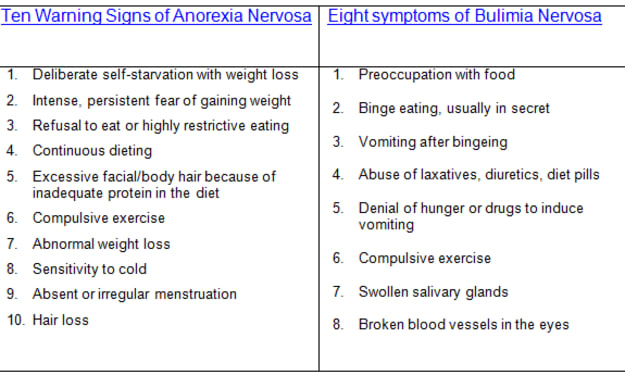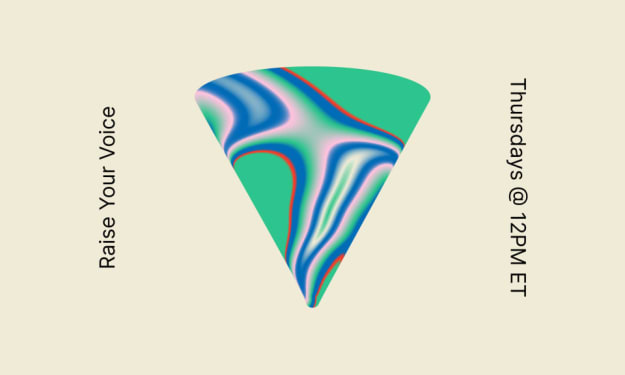
I'm pretty sure most of us know who Peter Pan is; the boy who could fly, and was sometimes shown with Tinker Bell at his side, the boy who lived but didn't grow up! Yeah, well that's NOT who i'm going to be writing about. This disorder actually can be related to how Peter Pan lives and who he is.
Peter Pan Disorder is a feeling as if they are unable to grow up or simply do not want to be an adult; these people can have the mindset of a child, and can show immature behaviors at times, usually ones you would expect from a child. They may dress as if they are a child or teenager, and actually enjoy themselves, but this disorder is not yet considered an actual psychological disorder by many professionals, even though I believe it is, and should be taken seriously; this is not just a 36-year old man dressing up as if he were a teenager for attention. This man may actually consider himself to be 17 years old or whatever.
This disorder can actually be caused by overprotective guardians/parents as a child; a parent not allowing their teenager to go to the park that's only a block away by themself, or not allowing them to make minor decisions that a new adult would have to make on a daily basis (examples; "what do I want to eat?" Or "when do I wanna get up tomorrow morning?") can trigger Peter Pan Disorder, due to the fact that the child will lack the independent factor of an adult, and they then will grow up with that lack, and therefore may very well be childish or act like a teenager after the age of 18.
People affected by the Peter Pan Disorder may find adult life to be very very difficult, so that is used to explain why they want to stay an adolescent. This disorder affects more men than women typically. Some of the symptoms include not being able to take up responsibilities of being of the legal adult age, lack of commitment and keeping of promises, lack of taking care of themselves at times, and lack of self confidence. The people affected by the Peter Pan Disorder typically surround themselves with people who can fit their needs, and some suggest this is because they fear loneliness; their work lives may be difficult due to being anxious about possible criticism, and they may not be able to adapt to a new place or new people as an adult might. This may also affect their relationships.
When they have a relationship, they may look for younger people or they may frequently change relationships, bouncing from person to person. When a relationship becomes too serious, they may feel afraid, and break it off to look for another relationship without all of the seriousness of the one before. Dating someone younger may help lower anxiety levels; dating someone under the age of 18 means no near-future plans for marriage, so they may avoid the seriousness of an adult relationship. But Peter Pan disorder can affect an individual's whole life, and can be linked to narcissism, genetics, or/and overprotective guardians/parents. there is no actual medical cure other than therapy, thanks to this disorder being shrugged off. Life expectancy doesn't appear to be majorly affected by Peter Pan Disorder. Prevention of this disorder should be done during childhood, not when the person is a late teenager or going into adulthood; parenting seems to be a key factor in this disorder.
About the Creator
Scott Lavely
I am a transgender individual trying to bring light to LGBTQA+ in the USA and other areas of the world






Comments
There are no comments for this story
Be the first to respond and start the conversation.